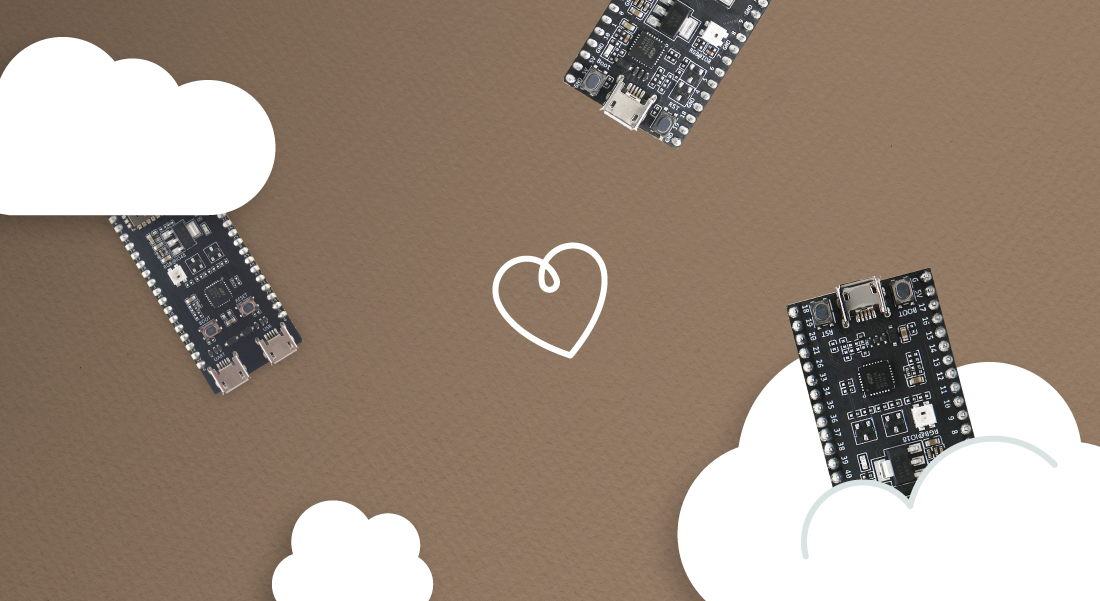In the cloud, develop these well-liked ESP32 variations. An IDE that runs on a PC or a cloud-based development platform is the two available usage models that Arduino provides customers for programming microcontroller devices.
The downloadable IDE is well renowned for supporting a wide range of boards in both the hobby and professional industries. The online editor and IoT hub for Arduino Cloud, however, provides a considerably narrower selection. For instance, this platform previously supported the ESP8266, ESP32, and Arduino-developed boards. Recently, Arduino revealed that three ESP32 variants—the ESP32-S2, S3, and C3—now have additional support.
This ESP32 system-on-module (SOM) variants are distinct due to their different hardware. In contrast to the conventional ESP32, the ESP32-S2 features a single 32-bit Xtensa processor, less RAM and ROM, and Wi-Fi only (no Bluetooth). The S2 consumes much less power as a result of these trade-offs, especially while in use.
The dual-core ESP32-S3 is comparable to the first model and, in contrast to the S2, supports Bluetooth 5 (LE). It also has instructions tailored specifically for neural networks and signals processing, which is advantageous for edge machine learning applications.
Esspresif's ESP32-C3 was the company's first SOM built solely on the RISC-V architecture. It is a single-core, budget-friendly SOM that supports Bluetooth and Wi-Fi.
The ESP32-S2, S3, and C3 modules are now supported. Filtering on "ESP32-S" or "ESP32-C" makes it simple to adapt an Arduino Web Editor project for the ESP32 variants. Additionally, a new tutorial page on connecting ESP32 or ESP8266 boards is provided. Check out this Arduino blog article for further details.












